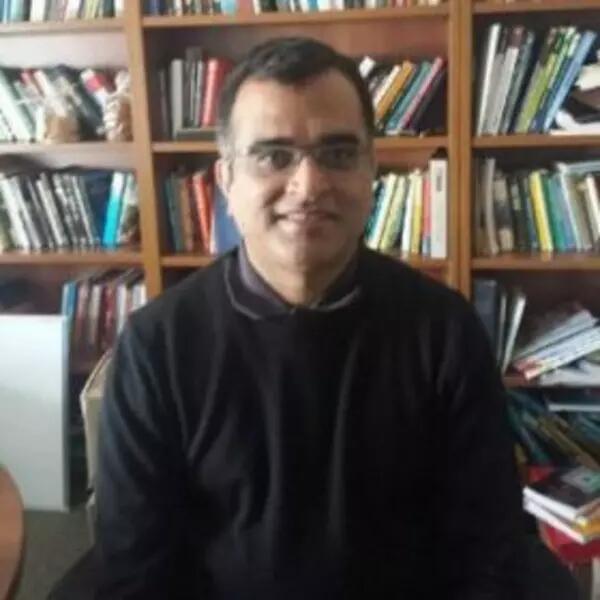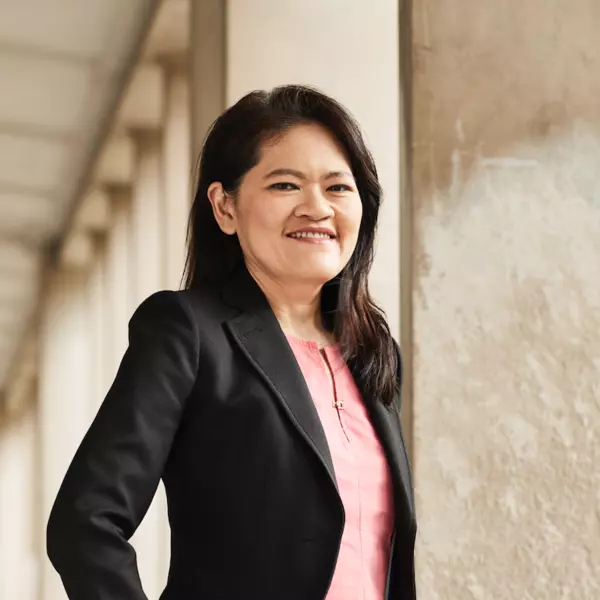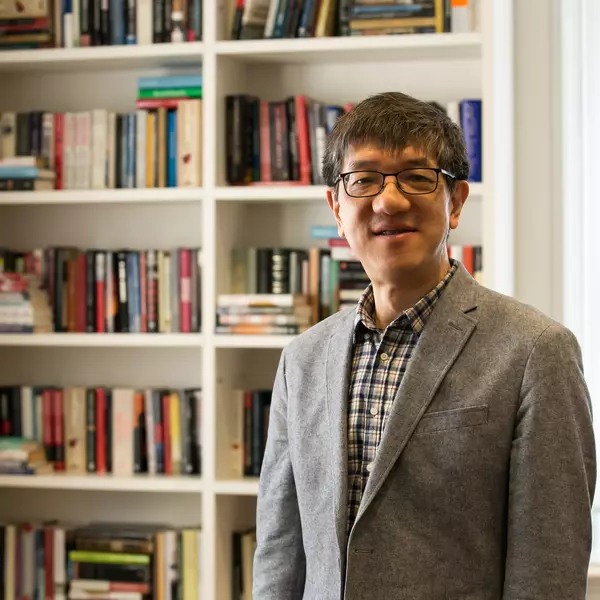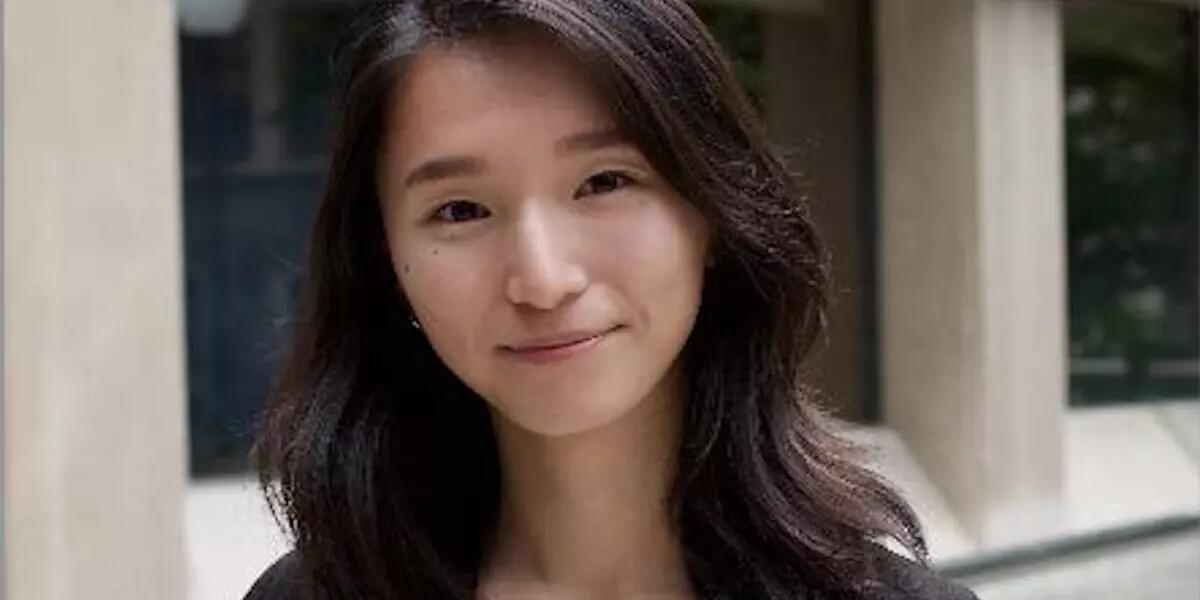As a student in the Dr. David Chu Program in Contemporary Asian Studies (CAS), you’ll learn from world-leading scholars of East, Southeast, and South Asia about the links between Asia’s diverse histories and cultures and the region’s evolving role in global affairs.
Our emphasis on experiential learning allows you to engage with Asia through research, travel, and collaboration. You’ll develop the foundational knowledge, skills, and connections to launch your career and build a lasting community.
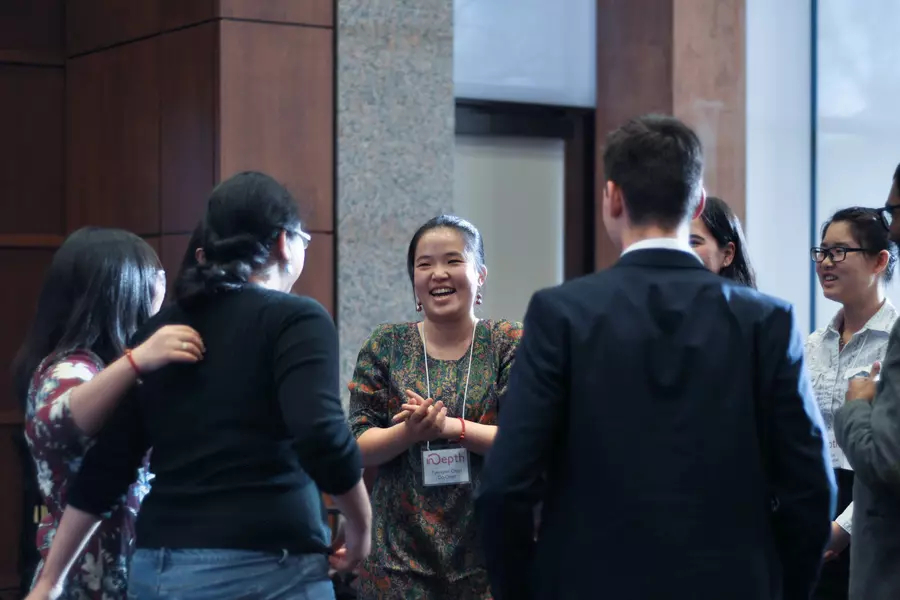

Meet your professors
- Core Faculty
- CAS400H1: Interdisciplinary Research Methods in Contemporary Asian Studies
- Sessional Lecturer
- CAS200H1: Introduction to Contemporary Asian Studies
- CAS202H1: Global Asian Studies: Sites and Practices
- CAS350H1: Asian Youth Cultures
- CAS360H1: Asian Genders
- Appointed Faculty
- CAS414H1: The Public Event in Asia
- Sessional Lecturer
- CAS370H1: Asian Cities
- SAS318H1: Colonialism and Tradition
- Core Faculty
- CAS460H: Global China and Its Growing Footprints in Asia and Around the World
- JPA331H: Rise of China as a Global Power
- JPA453H: Authoritarianism in Comparative Perspective
- Core Faculty
- CAS201H1: Global Asian Studies: Insights and Concepts
- CAS430H1: Nationalism and Revolution in Asia
Student groups
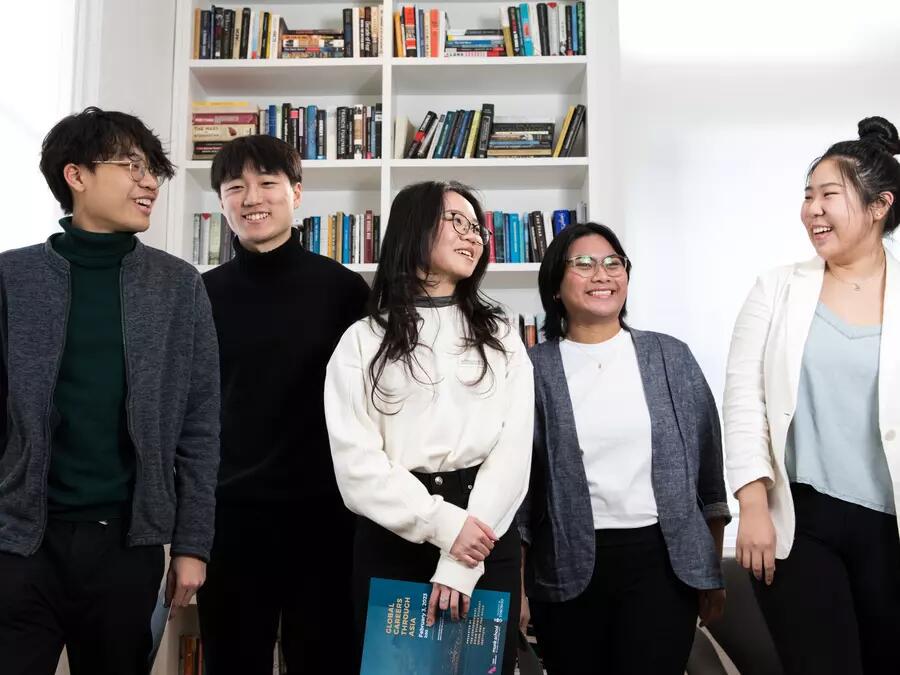
Contemporary Asian Studies Student Union
The Contemporary Asian Studies Student Union (CASSU) is the undergraduate course union for the Contemporary Asian Studies program at the University of Toronto. Follow CASSU on Instagram to learn about their upcoming events and opportunities, and contact them at cassu.executive@gmail.com.

Synergy: The Journal of Contemporary Asian Studies
Synergy is an undergraduate academic journal with a regional focus on East, Southeast, and South Asia founded at the Asian Institute. The journal regularly publishes academic submissions and organizes events. Learn more and visit the Synergy Journal website.

DO YOU HAVE A QUESTION ABOUT CONTEMPORARY ASIAN STUDIES?
REBECCA (JIAYING) BI
Program Administrator & Communications Officer, Asian Institute
416-946-8832
ai.asianstudies@utoronto.ca



